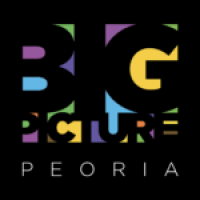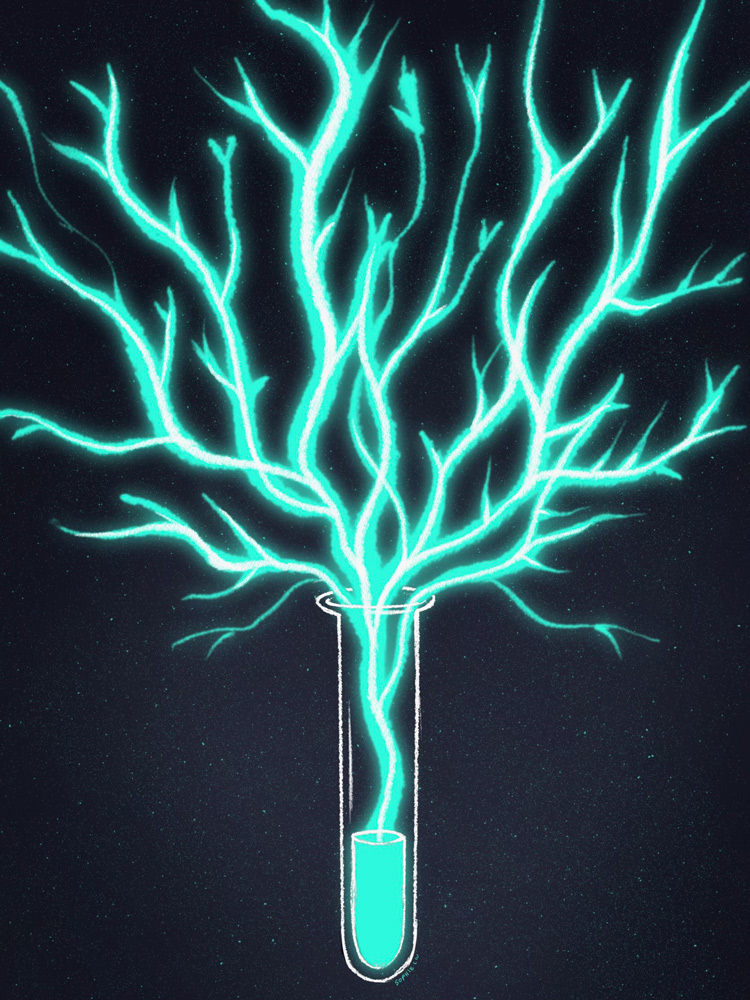by Anjali Yedavalli
I truthfully have no recollection of the time I first learned the term “bioethics.” It might have been in passing at a biotechnology camp I attended in high school, or maybe it was shortly before I took an Intro to Medical Ethics course in college, but the second I found out what it was, I was intrigued. Mostly because even as the term was said aloud, it wasn’t really clear to me what it was. A philosopher will say it’s one thing, a geneticist another, and a doctor? They will either give you a long-winded explanation or straight up tell you that they have no idea what it means. For a field so consequential to the public’s well-being, it’s fascinating that there is no streamlined answer to the question, “What is bioethics?”
To describe its characteristics, bioethics is an interdisciplinary field that rests on the intersection between moral reasoning, medicine, biology, and public health. Questions about who should receive access to care if access is limited, using genetics for criminology purposes, genetic testing in children, or patient transparency dilemmas involved in biobanking are just a few examples of the problems bioethics aims to address. If those ideas made no sense to you, don’t worry—they made no sense to me either, until I was on-site at one of the many birthplaces of bioethics as a field.
In 1951, a young Black woman named Henrietta Lacks arrived at the Johns Hopkins Hospital in hopes of receiving treatment related to a tumor she had discovered on her own body. Hopkins was one of the few hospitals in the nation that treated Black patients at the time, though they were treated in separate wings and had vastly different medical experiences than their white counterparts. Lacks herself was shortly diagnosed with cervical cancer. What she did not know, however, was that a sample of her tissue was taken for experimentation, and later, scientists discovered her cells had the incredible ability to continue dividing. This type of cell line called an immortal cell line is invaluable in the field of medicine. Henrietta Lacks’ cells, dubbed HeLa cells, have been used to develop an indescribable amount of medical advancements.
Now, that sounds great and all, but there’s definitely a problem with all of this—namely that Lacks was not asked for her consent to give her tissue for research, and that because of the deidentification process, nobody, including her family, had any idea that her cells were being used for generations to come. As you can imagine, since her story has come out, her family and Johns Hopkins University have had a complicated relationship—but out of this sprouted a sapling in the field of bioethics that was the emphasis on prioritizing patient transparency, consent, and research ethics. Now, bioethics boards and committees around the country have established ground rules and regulations. Scientists may take the process of practicing science for granted, and bioethics acts as the brakes to the bike—slowing down scientists before they crash and burn, or, in other words, potentially violate the well-being of an individual or population of people.
Of course, that’s not all bioethics has to offer. Have you ever thought about the consequences of the use of public genetic data to track down criminals? This practice, called investigative genetic genealogy, was used in finding the Golden State Killer, but it potentially violates the privacy of his relatives. What about chimeras? If research is being done on morphing parts of animals with humans, how do we determine the moral agency of these new human-animal hybrids? Don’t we already have enough trouble upholding and protecting moral agency amongst humans in general? Bioethicists will always have questions to answer, and oftentimes, it’s a matter of finding the best answer for now, because, as you can imagine, there never is a perfect answer.
This summer, I had the remarkable opportunity to conduct bioethics research at Johns Hopkins University through the Genomics and Society Mentorship Program. I met incredible people who have pushed me to think critically within the field of bioethics. Now, as the program and my summer come to a close, I look at my community in Peoria and Champaign and wonder how the future scientists, lawyers, health care providers, and public health practitioners around me could benefit from a little bioethics knowledge in their work. As it turns out, we could all learn a lot from this field we barely knew existed.
About Anjali Yedavalli

Anjali Yedavalli is a senior at Dunlap High School. Aside from taking academically rigorous classes, Anjali is involved in Speech Team (IHSA State qualifier in 2020), Student Council, UNICEF Club, the school plays, Jazz Choir, and is the Madrigal Queen of Dunlap’s Madrigal choir. Anjali’s main goal in the community is spreading passion for both academics and creativity. She has organized and led multiple public speaking workshops for middle school students and volunteered her time at North South Foundation, an organization dedicated to funding underprivileged children in India. In addition, she has joined and contributed to the Dunlap Young Musicians, a student-created music group that performs at senior homes on the holidays. She is also active in her Sunday School (Chinmaya Mission) and has helped write promotional songs and plays to help fundraise for the school. Last but not least, Anjali is a classically trained Bharatanatyam dancer of Mythili Dance Academy and has contributed to shows that have raised over $500k for a variety of charities.
About Sophie Liu

Sophie Liu is a senior at Dunlap High School who has won numerous art prizes such as the Scholastic Art and Writing Gold Key Award and several honorable mentions. As someone who also values academics, business, and volunteering, she has participated in and led many activities in her community. Her volunteering contribution has awarded her the Gold President’s Volunteer Service Award. She is one of the club leaders of her school’s Interact Volunteering Club. During her summers, Liu has participated in several business camps such as Kelley Business’s Young Women’s Institute, where she has gained knowledge and experience in her passion. She also runs her own online art business where she creates commissioned art pieces and gains firsthand business experience. Liu plans to continue her love of business, volunteering, and art in college, where she will major in either Marketing or Business Analytics and minor in art.

